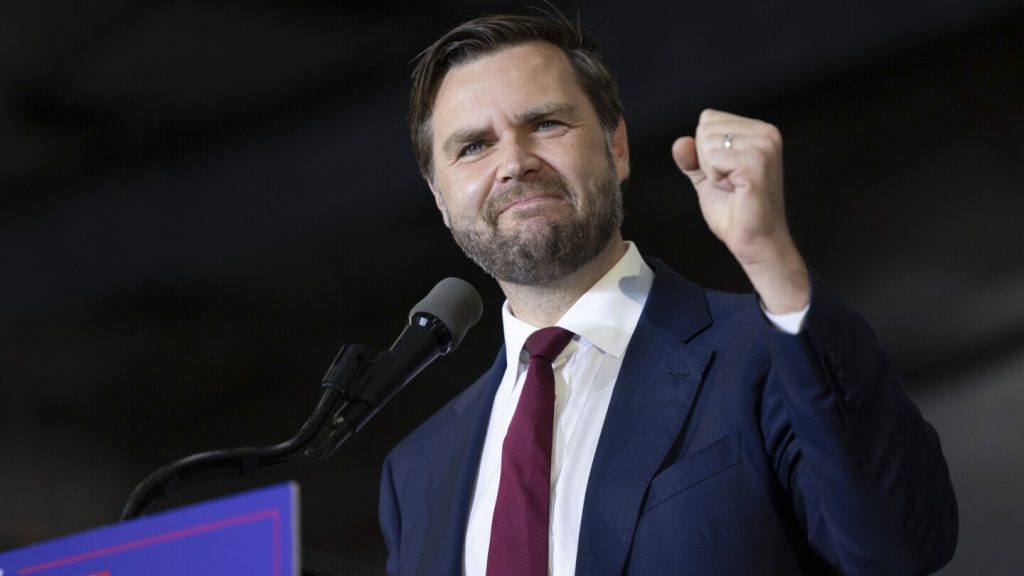When JD Vance campaigned for the Senate two years ago, he ardently criticized a bipartisan 2021 law to invest over $1 trillion in America’s infrastructure, labeling it a “huge mistake” driven by Democrats wanting to spend taxpayer dollars on extravagant projects. However, records show that Vance is now seeking over $200 million in federal funds made available through the law for projects in Ohio. While some Republicans, like Ohio state Sen. Matt Dolan, support the bill, Vance’s shift in attitude has been seen as hypocritical by his former rival, Democratic congressman Tim Ryan, who accuses Vance of being two-faced on various issues.
Former Sen. Rob Portman was one of the authors of the bipartisan infrastructure bill that Vance criticized, citing concerns over Democrats’ focus on racial justice and what he deemed as unnecessary spending. Despite Portman’s absence for comment, Vance appears to have warmed to the legislation after taking office as he quietly requested more than $213 million for Ohio projects from the Transportation Secretary. At least four of the projects have been approved, including one in Toledo to revitalize a majority Black area that was negatively affected by a freeway built in the 1960s. Vance’s newfound support for the bill comes as a surprise to many, given his previous stance against it.
Vance’s change of heart on the infrastructure bill has raised questions about his consistency in messaging and governing. While his spokesperson insists that senators are elected to fight for their constituents regardless of party, critics like Dolan point out that campaign talking points don’t always align with governing responsibilities. Vance’s request for funds for projects like low or no emissions buses contradicts his previous opposition to Democratic efforts to reduce emissions, highlighting the political complexities involved in infrastructure spending. Dolan suggests that rejecting federal dollars for political reasons could negatively impact Ohio.
Despite Vance’s past criticisms of the infrastructure bill and the Biden administration’s policies, he has actively pursued federal funding for projects in Ohio that were made available through the legislation. While his actions may seem hypocritical to some, Vance’s supporters argue that his pivot demonstrates a willingness to prioritize his constituents’ needs over partisan politics. As discussions around infrastructure continue to evolve, Vance’s approach to securing funding for Ohio projects highlights the challenges and complexities of governing in a politically divided landscape. Ultimately, Vance’s decisions regarding infrastructure funding reflect the delicate balance between political ideology and practical governance.


